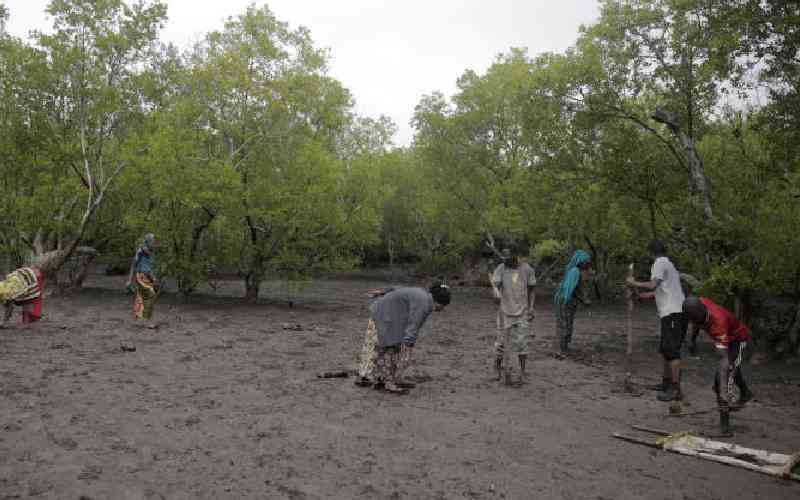
A marginalised community somewhere in remote Baringo County is making it to the headlines for suing the government over climate inaction. The 66 in the suit were victims of flooding and want compensation for general loss and damage, submerged ancestral land among others.
Further in Gabon, the Africa Climate Week was marked with a lot of resolutions emphasizing development of strategies to address climate change. Delegates, who included representatives of African governments, civil society groups, researchers and Commonwealth, acknowledging their better understanding of what ails Africa, also vowed to have refined messaging for the COP27 in Egypt and rethought ways to deal with food insecurity, carbon markets, coastal resilience, climate induced migration and conflicts among others.